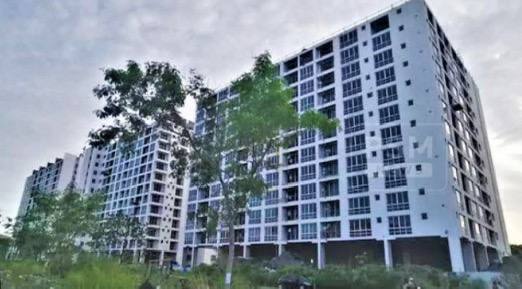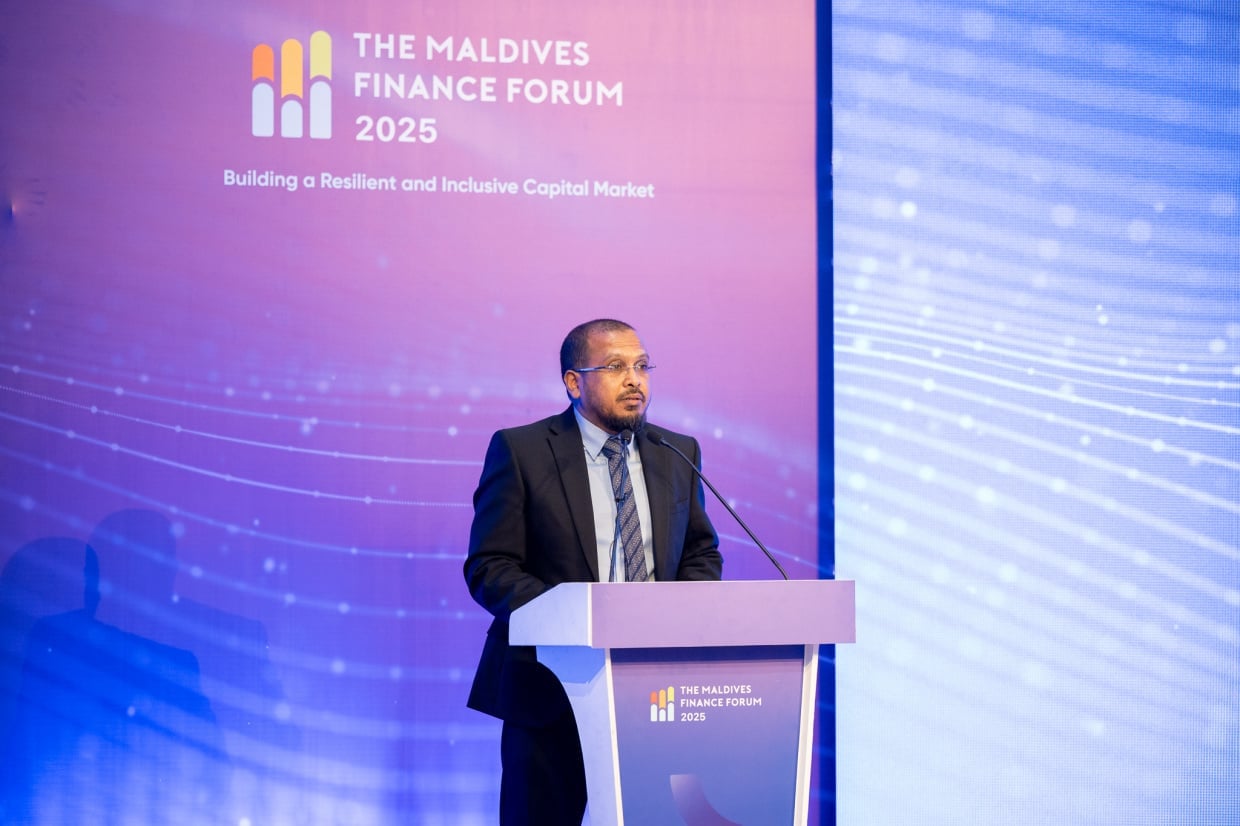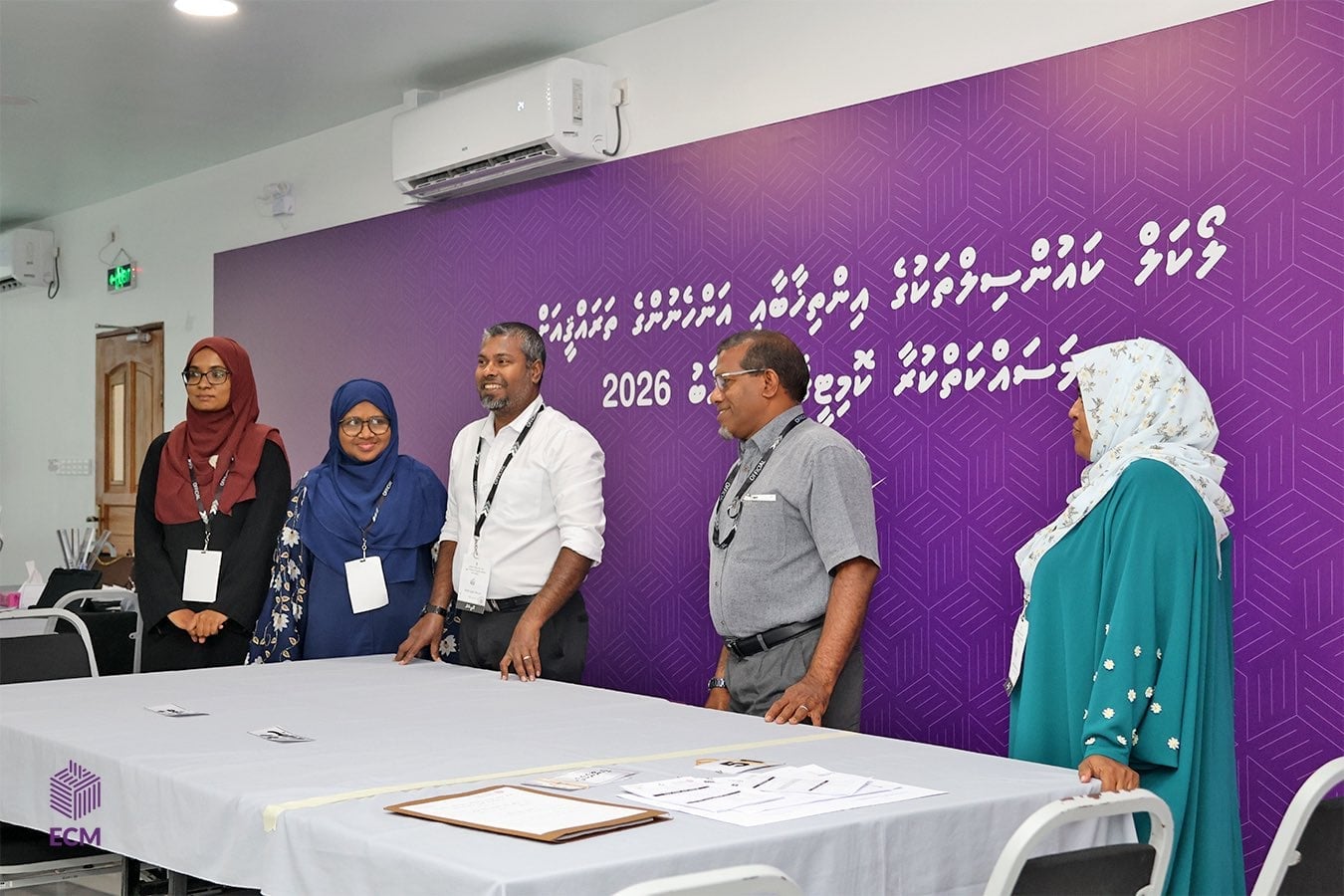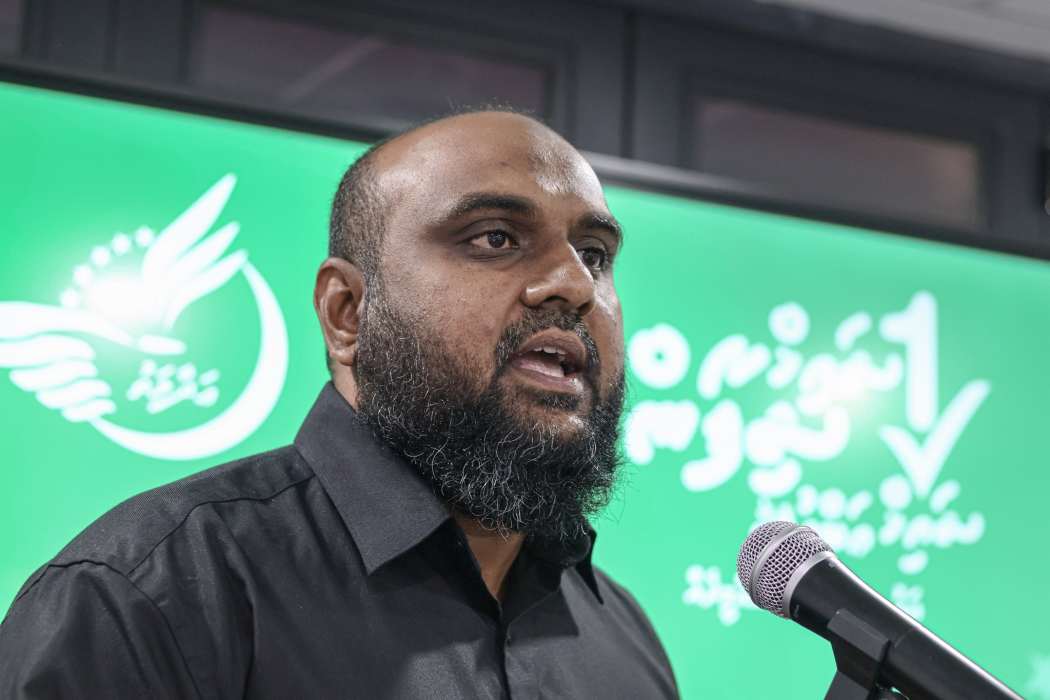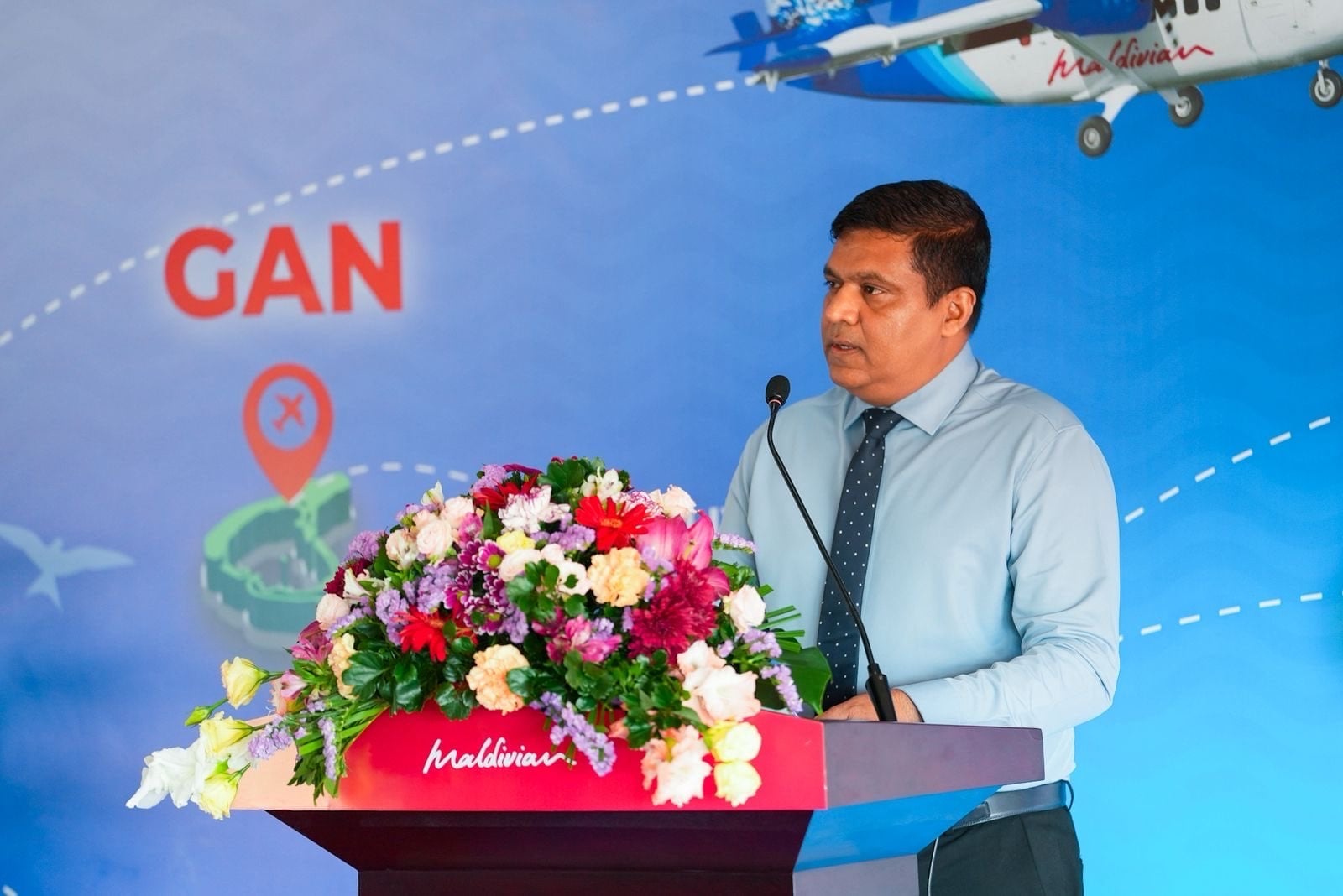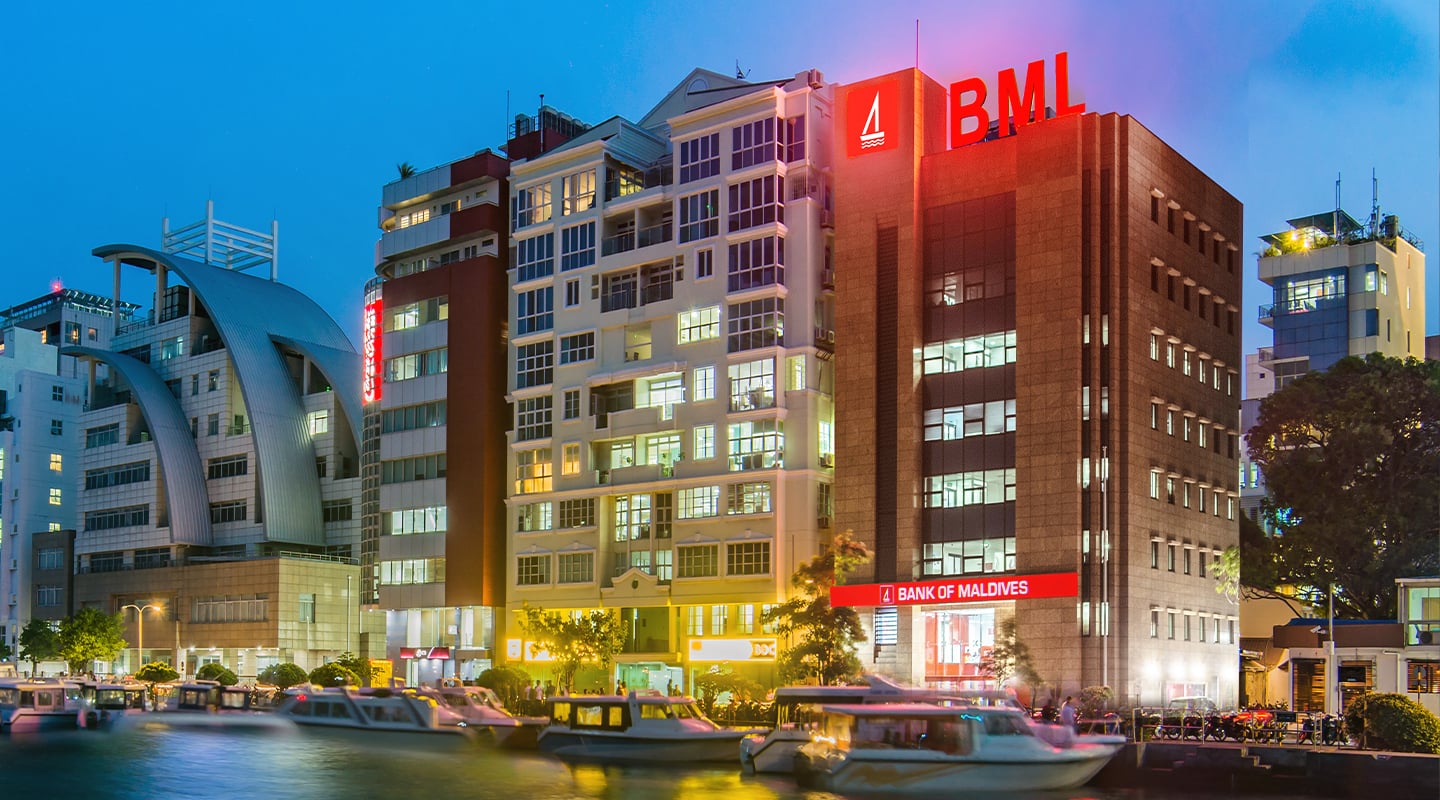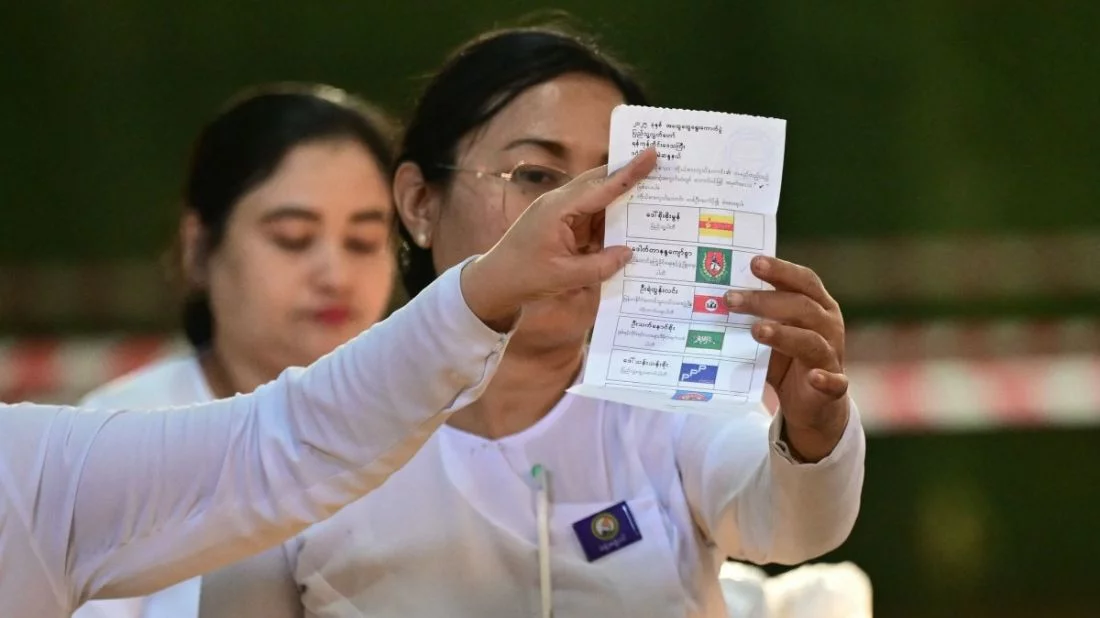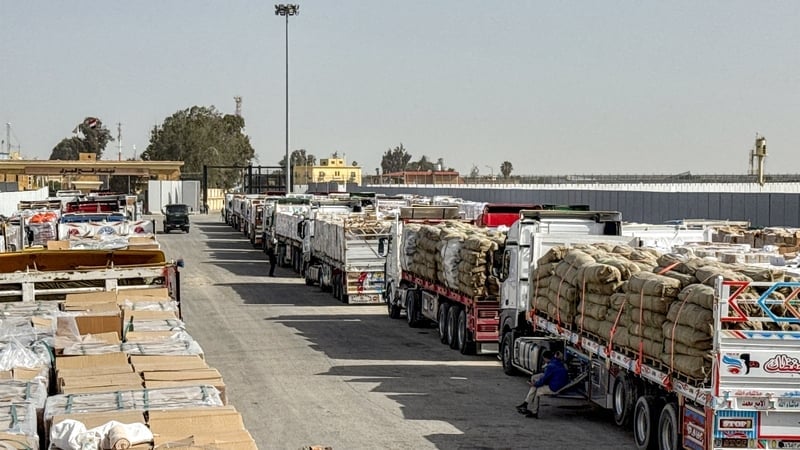The Audit Office has reported that crucial documents related to the police flats project are missing from Polco's servers, raising concerns over transparency and accountability in the handling of the project.
Auditor General Hussain Niyazy appeared before the Public Accounts Committee of the Parliament today to discuss the audit report on the Police Cooperative Society (Polco). The report highlighted that the police flats were built to benefit certain groups, sparking further inquiries.
Responding to questions from committee members, Niyazy stated that the Audit Office had attempted to review the bidding and evaluation process for the flats project. However, efforts to obtain the relevant documents through Polco's senior officials were unsuccessful, as Polco claimed the documents were no longer available due to a server issue.
With the police unable to retrieve the necessary information, the Audit Office attempted to access the documents through the government gazette. However, Niyazy noted that the information was not available there either, leaving the origins and status of the documents unclear.
Due to the lack of documentation, Niyazy included the issue in the audit report, emphasizing the need for further investigation by relevant authorities. Since the release of the report, Polco has sent several letters to the Audit Office regarding the matter.
The Auditor General's Office also presented findings to the Finance Committee detailing the irregularities in the Polco flats project. According to last month's audit report, MVR 1.6 billion has been spent on the project so far, with the government incurring a loss of MVR 355 million.
The report further revealed that significant modifications were made to agreements with contractors during project implementation. Additionally, delays and decisions favoring the contractor over the state were noted. The Audit Office has urged that the board of directors and executives of Polco be held accountable for their failure to take appropriate actions during these events.
The case is currently under investigation by the Anti-Corruption Commission (ACC).
Auditor General Hussain Niyazy appeared before the Public Accounts Committee of the Parliament today to discuss the audit report on the Police Cooperative Society (Polco). The report highlighted that the police flats were built to benefit certain groups, sparking further inquiries.
Responding to questions from committee members, Niyazy stated that the Audit Office had attempted to review the bidding and evaluation process for the flats project. However, efforts to obtain the relevant documents through Polco's senior officials were unsuccessful, as Polco claimed the documents were no longer available due to a server issue.
With the police unable to retrieve the necessary information, the Audit Office attempted to access the documents through the government gazette. However, Niyazy noted that the information was not available there either, leaving the origins and status of the documents unclear.
Due to the lack of documentation, Niyazy included the issue in the audit report, emphasizing the need for further investigation by relevant authorities. Since the release of the report, Polco has sent several letters to the Audit Office regarding the matter.
The Auditor General's Office also presented findings to the Finance Committee detailing the irregularities in the Polco flats project. According to last month's audit report, MVR 1.6 billion has been spent on the project so far, with the government incurring a loss of MVR 355 million.
The report further revealed that significant modifications were made to agreements with contractors during project implementation. Additionally, delays and decisions favoring the contractor over the state were noted. The Audit Office has urged that the board of directors and executives of Polco be held accountable for their failure to take appropriate actions during these events.
The case is currently under investigation by the Anti-Corruption Commission (ACC).



